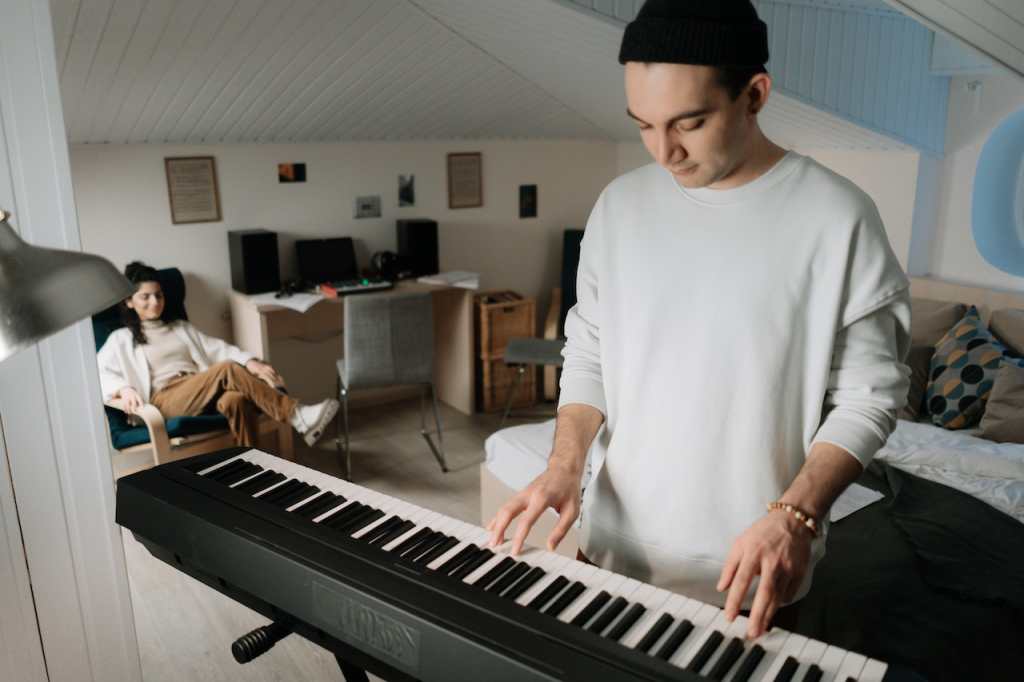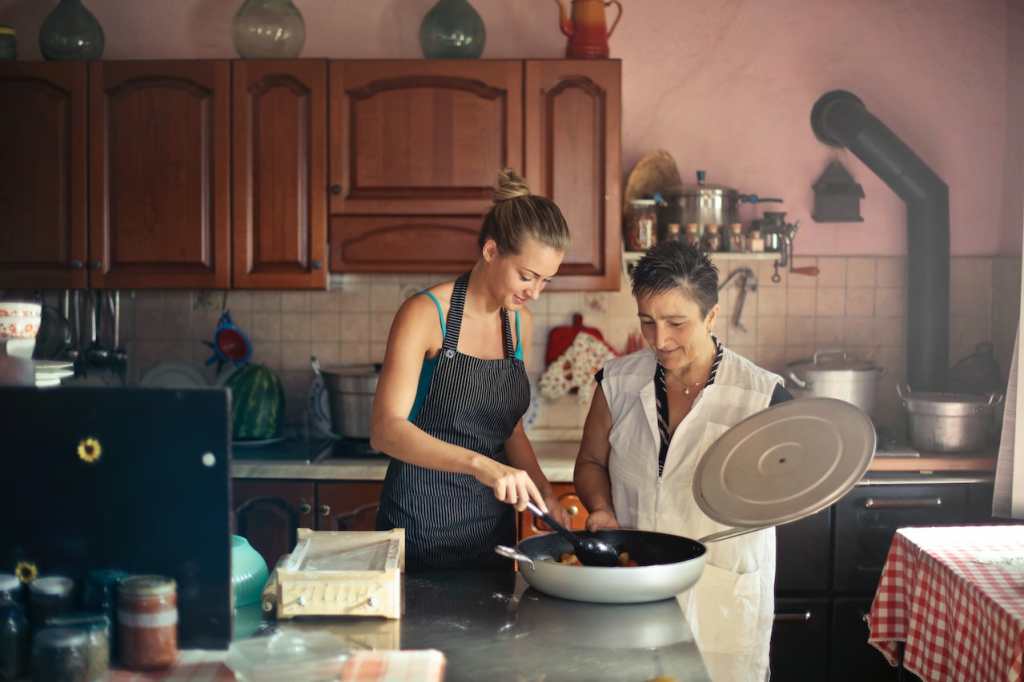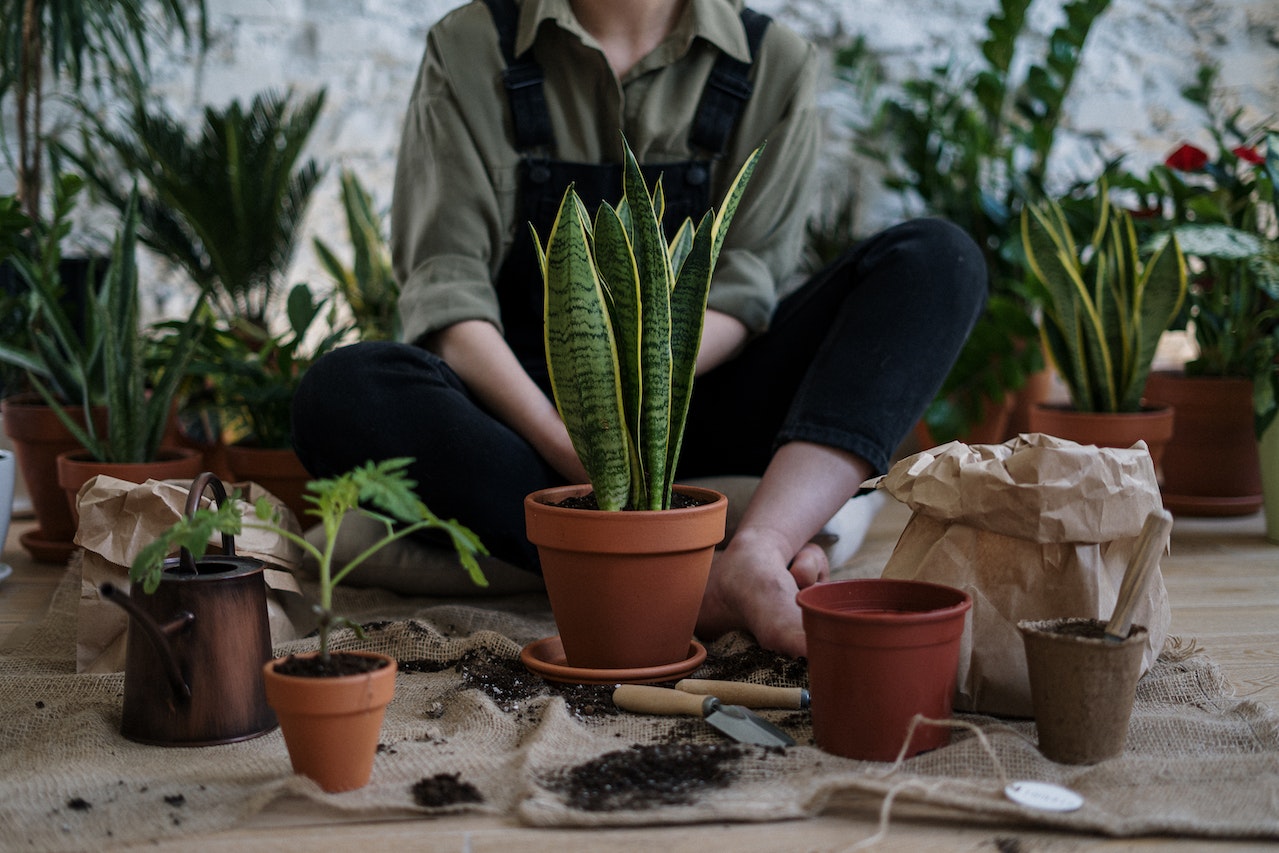Think for a moment about the activities you do in your spare time, the ones you resort to to distract yourself and get away from your routine. Perhaps now that he had analyzed it, he had no fixed action for these moments, but he did what was easiest at the moment or whatever caught his eye: read the book of the month, watch the familiar TV series, or go outside for a walk with your pet. However, hobbies are important in our lives because in addition to distracting us, they provide benefits for physical and mental health.
Like other human activities, hobbies are fostered by a number of personal, biological, economic and temporal factors. For example, they are selected with respect to individual cases such as age, gender, health, context and personality, explain Mónica González and Minerva Vanegas-Farfano in the document Hobbies and their impact on managing stress and burnout from the Autonomous University of Nuevo Leon, Mexico.
Some people think that hobbies They are a waste of time, because they are so busy with their household chores that they see that they cannot devote a few hours a week to some activity that will relax and satisfy them in body and soul. These types of leisure activities have become even more important during the coronavirus confinement, as most of us have resorted to them to make full and fruitful use of the hours of the day that we used to spend on the street.
The importance of hobbies
“I remember when I finished my routine for the week, I would look up what to do so I wouldn’t think I was locked in. Sure, it was for my own pleasure, but sometimes it’s hard to get our minds to understand what’s best for us, so I turned to reading. I think I read a book a week and then got bored of doing the same thing. On the weekends I would read for a while, then go to the garden and see that my plants were in good health, water them and prune them, and that’s how my hobby began,” says Jocelyn Contreras, trainer life.
For the professional, being in her garden is a reminder that nature clears our minds and teaches us “that no matter what the weather or conditions around us look like, with time, care, and dedication we can thrive again.”
Other people have made their passions their hobbies, for example, taking pictures, playing an instrument, writing, dancing, or playing sports. “Maybe for a public accountant or an engineer, his hobby is playing the guitar or practicing ballroom dancing, activities that we think are not related to their profession, but actions that help them relax, encourage creativity, and activate areas of their brain that they don’t use on a daily basis. That’s the point of this kind. of activity,” Contreras adds.
González and Vanegas-Farfano believe that although the reasons for incorporating a hobby into daily life are multiple, the most common are the search for pleasurable experiences such as relaxation, high life, happiness, personal growth, and social interaction. In recent years, studies on the benefits of leisure activities have included academic achievement and physical activity.

Although they are activities that provide freedom from daily obligations, in order for them to bring happiness or satisfaction to the person, they must be carried out with a certain degree of seriousness and commitment. For example, activities that require a certain degree of uptake and challenge provide greater fulfillment than those that become boring at some point or are perceived as “less risky.” The authors note that those that include intellectual stimulation are also better, as they allow for emotional and cognitive improvements.
Hobbies benefits
Regardless of the reasons for choosing an activity as a hobby, when it is performed consistently, it offers benefits in increasing self-esteem, creativity, patience, improving mood, social life, combating stress, and preventing certain diseases because the mind is occupied with actions that are not related to routine problems.
Here are some hobbies from experts that will help your mental health. Ideally, before choosing one, analyze whether you are looking for a particular benefit. For example, relax, increase your inner peace or be more creative, and then consider whether this activity will help you. You can also try to make the experience She is what makes you decide,” says Carolina Herrera, a clinical psychologist.
Riddles and Gardening: Increases patience and motivation
When you put together a puzzle, no matter how many pieces it has, you feel great satisfaction and pride when you see the completed work, because despite your moments of frustration putting it together, you did it. This game promotes patience, as it requires a lot of concentration, to think about the characteristics of the pieces to decide which piece to place. It also helps to enhance cognitive and emotional abilities related to spatial abilities, to observe and to sharpen the senses so that the mind is focused only on the “here and now”.
Read more | Why taking care of plants at home helps emotionally and what made the practice grow fonder
Gardening also reduces stress and promotes patience, because you have to wait a certain amount of time to see the results of your work. Caring for a plant or cultivating your garden invites you to exercise observation, kindness, and self-confidence. These activities also require you to focus only on the present, which makes them useful distractions when experiencing bouts of sadness, depression, or boredom.
Sewing and Cooking: Fostering Creativity
These two activities encourage creativity and self-knowledge, as well as help you focus on just one thing when your mind is too distracted. A clinical psychologist notes that sewing is a positive hobby in controlling emotions because it reduces anxiety and increases attention, calculation, and spatial awareness.

While the kitchen helps distraction and promotes freedom, as each person can prepare a dish as they wish. Likewise, it invites you to take a risk and get to know yourself better because you will probably try ingredients that didn’t convince you at some point. With these two hobbies you will never get bored, because your creativity will be the limit.
Writing and listening to music: explore emotions
Writing, either for yourself or for others to read, serves to accept feelings we often refuse to explore, but when put on paper invites us to analyze and accept them. It is also useful for processing thoughts that we try not to notice, plus it helps to be creative and remove from our mind everything that is unnecessary and only causes discomfort.
Music also regulates anxiety and stress levels as it distracts the mind and promotes emotional well-being. Just think for a moment about what you feel when you listen to your favorite song, it is this feeling that benefits your mental health.
Organizing and planning: Increase peace of mind and eliminate stress
Many people think that organizing and cleaning cannot be a hobby, but for those who have high levels of anxiety and stress, finding a tidy place has a positive effect on their mind. It generates mental well-being for them, and if they pay attention to order and cleanliness, it will give them that feeling of being in control of their environment,” says Herrera.
Organizing and planning is also a good exercise in letting go of what only takes up space. If you organize your wardrobe during your free time, you will probably find clothes that you no longer wear but that you want to keep, this will only take up space, so it is best to get rid of them. “The same thing happens with many memories or sensations that leave us with nothing positive. If we are able to get rid of those pants that we loved so much, we can also do it with our feelings, ”says the life coach.
Do-it-yourself repairs: Increases self-esteem and reduces stress
The more complex the challenge we set ourselves, the more satisfied we will be when we complete it. Therefore, one of the hobbies that has become popular in recent years is to restore spaces or objects on our own. Perhaps for those who have manual skills, doing small construction work, carpentry, mechanics, decoration, glassware or plumbing work is their passion, so it is a good choice to occupy their spare time.

“Social media evangelist. Student. Reader. Troublemaker. Typical introvert.”

:quality(85)/cloudfront-us-east-1.images.arcpublishing.com/infobae/TEQF6EONZRFGLLLDIDD4L2O4EE.jpg)

:quality(75)/cloudfront-us-east-1.images.arcpublishing.com/elcomercio/XU32LRAEZFDDPNVHLFU3CKVBYY.jpg)



More Stories
Venezuela ranks fourth in female leadership in science and technology in Latin America
In Portuguesa and Sucre they explore the wonderful world of science
The university court overturns the expulsion of two teachers and a chemical sciences student